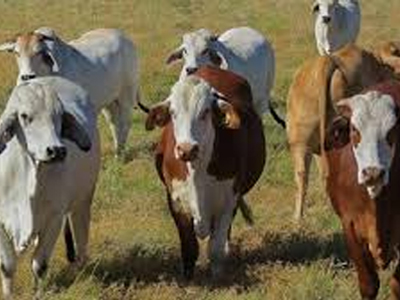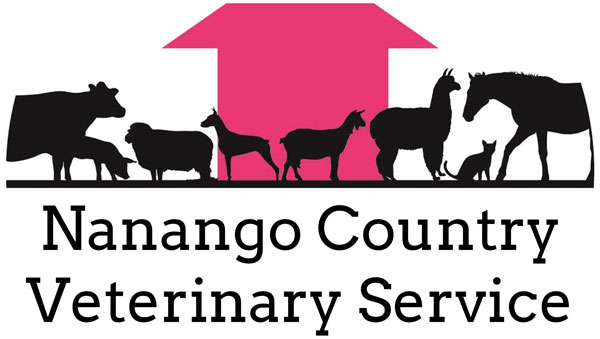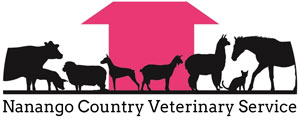Veterinary Services for Beef Cattle

BULLCHECK
BULLCHECK is now being widely recognized as an essential requirement for bull sales, and for bull fertility assessments. Kathy is fully BULLCHECK accredited and can provide crush-side bull semen examinations on-property to assess the suitability of bulls being placed in herds for breeding, or to assess problems with fertility where calving percentages have fallen. Semen can be sent on for morphology testing by an accredited bull semen morphologist, which is recommended for all bull studs selling bulls at sales. Certificates are supplied where requested. The BULLCHECK is a vital part of any breeding program. It is important to assess the reproductive status of any bulls that are being used on a property (whether directly or indirectly via AI programs).
- A general physical examination including structure (conformation) and upper reproductive tract
- An examination of the testes and measurement of scrotal size
- A serving assessment to evaluate libido and mating ability
- Collection and assessment of a semen sample
- Laboratory examination of sperm morphology
Vaccinations
Vaccines are an important part of a herd health plan.
When used correctly as part of a property health plan, vaccines can help prevent common livestock diseases and lead to improved animal health, welfare and productivity. Producers should be aware of the endemic diseases in their region that can be prevented by vaccination and assess the risk based on previous local district and property history – Nanango Country Veterinary Services are happy to help with the formulation of a vaccination protocol.
Endemic diseases of livestock in Australia that vaccines can help prevent include:
- Bovine respiratory disease – Rhinogard
- Clostridial diseases (excluding botulism) – 5-in-1 vaccination, 7-in-1 vaccination
- Botulism – Botulism vaccine
- Johne’s disease – Gudair vaccine
- Leptospirosis – 7-in-1 vaccination includes this
- Pestivirus – Pestigard vaccine
- Pink eye – Piligard/Maxigard
- Three day sickness – BEF vaccines
- Vibriosis – Vibrovax
Vaccines are used at different times in the production cycle, depending on the disease and the vaccine. Producers should follow the instructions on the vaccine label and seek veterinary advice when required. Vaccines may also be used as part of industry biosecurity programs, to limit the spread of or help eradicate emergency animal diseases.
For any questions about our veterinary services for beef cattle, get in touch on 07 4163 3388 or fill in the form on our contact page.

